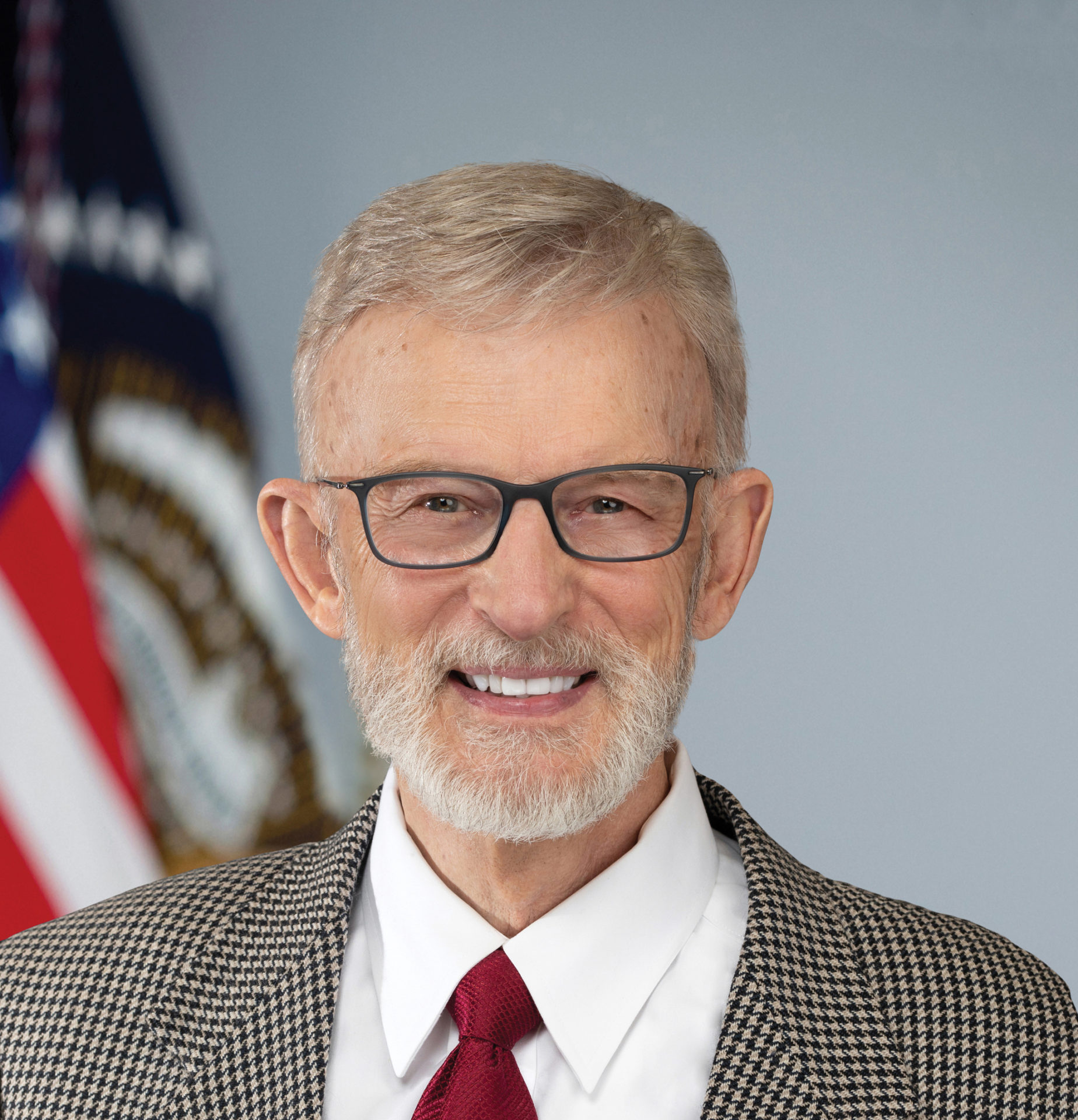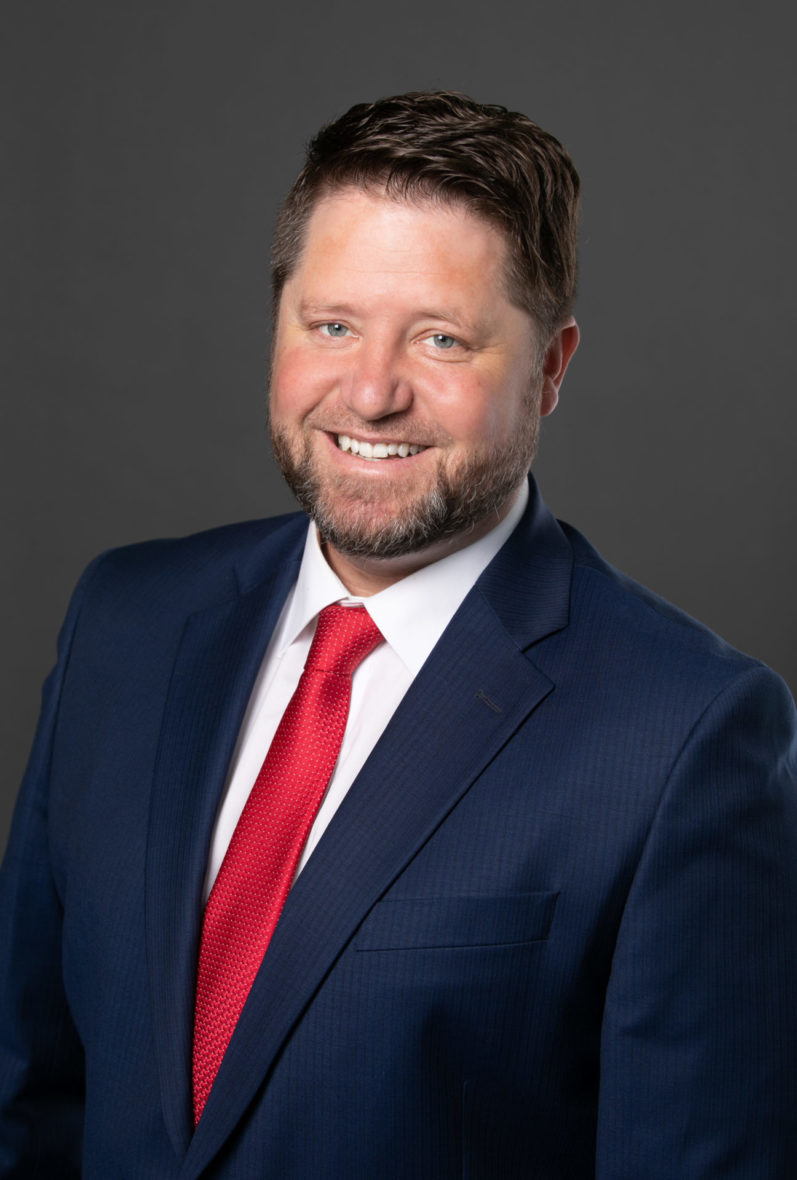
The Idaho Education Association’s endorsements are hidden in plain sight.
They appear on a section of the teachers’ union’s web page, with a warning. “These endorsements are intended as a resource for IEA members only,” the website reads. “Please do not share publicly or on social media.”
The not-so-secret endorsements offer a window into the union’s political calculus, heading into a pivotal statewide election, and coming on the heels of a legislative session that yielded an 11% budget increase for K-12.
The IEA again endorsed Gov. Brad Little — who convinced the 2022 Legislature to increase teacher pay, provide $1,000 bonuses to school employees, and put more than $100 million of ongoing money into employee benefits. But the IEA didn’t endorse state superintendent Sherri Ybarra — a two-term incumbent who supported Little’s education funding initiatives — or either of her Republican primary opponents. And the IEA endorsed against several incumbent lawmakers, including Senate Education Committee Chairman Steven Thayn.
The superintendent’s endorsement
By and large, the IEA’s Political Action Committee for Education, or PACE, endorsed Republican candidates facing contested primaries next week. IEA President Layne McInelly says that reflects the fact that the preponderance of voting union members, like the majority of voting Idahoans, will take part in the Republican primary.
The emphasis on primary endorsements is also consistent with several other Idaho groups — which stayed true to ideological lines in next week’s sharply divided GOP primary.
But the PACE endorsements strayed a bit from partisan lines. In the state superintendent’s race, for example, PACE endorsed Terry Gilbert, a former IEA president running unopposed in the Democratic primary.
“Terry is opposed to school voucher schemes and believes schools must be better resourced via both funding, institutional support and programmatic support,” PACE said in explaining its pick.
The union’s critiques of the three Republicans ranged from mildly critical to harshly critical.
- The IEA acknowledged it has worked with Ybarra’s staff “to accomplish great things for educators and students,” and recognizes Ybarra’s background as a former teacher. “That being said, the IEA has a high standard for educational progress, and the past two terms of Ybarra’s incumbency have not met the high standard needed for IEA’s endorsement in this race.”
- The IEA acknowledged Critchfield’s “pro-public education candidate” credentials, based on her work with the Cassia County School District and the State Board of Education. But Critchfield has said she is open to funding school choice programs — provided they do not come at the expense of K-12 or rural schools. “The IEA was unable to endorse (Critchfield’s) candidacy due to her stance on school vouchers, which, while nuanced, is a red line in the sand for professional public educators.”
- PACE roundly blasted Durst, a former Democratic legislator now running a hardline campaign. “Durst has been a critic of Idaho’s public education system, using unsubstantiated claims of ‘indoctrination’ to promote the defunding of public schools. He regularly attacks and undermines Idaho educators, and his personal demeanor in these conversations, be they with legislators or everyday Idahoans, disqualified him from consideration for IEA’s endorsement.”

In a news release Wednesday, Gilbert said he was “honored and humbled” by the endorsement. “The IEA does a magnificent job of advocating for public education, and their endorsement means the world to me.”
Other statewide races
PACE endorsed a centrist state of Republicans elsewhere on the top of the ticket.
Little, who earned the IEA’s backing in the 2018 general election, again gets the union’s endorsement.
PACE endorsed House Speaker Scott Bedke in the lieutenant governor’s race, incumbent Attorney General Lawrence Wasden, and Ada County Clerk Phil McGrane in the secretary of state’s race.
Legislative endorsements
PACE’s Statehouse endorsements skew heavily GOP: the union endorsed 42 Republicans to seven Democrats.
In several primaries, PACE supported Republicans on key committees, such as Sens. Jim Woodward of Sagle and Carl Crabtree of Grangeville, who sit on the Senate Education Committee and the Joint Finance-Appropriations Committee; Rep. Scott Syme of Wilder, a JFAC member facing House Education Committee member Judy Boyle of Midvale; Rep. Paul Amador of Coeur d’Alene, another JFAC member; and Lori McCann of Lewiston, a House Education member.
PACE also endorsed several potential shakeups:
- In a battle involving two Senate incumbents, thrown in the same race due to redistricting, PACE endorsed Sen. C. Scott Grow of Eagle over Senate Education Chairman Steven Thayn of Emmett. (Another wrinkle to this endorsement: PACE endorsed House Education Chairman Lance Clow of Twin Falls, even though he’s unopposed.)
- PACE endorsed former Rep. Britt Raybould of Rexburg in a high-profile GOP primary rematch with Rep. Ron Nate of Rexburg, a JFAC budget hardliner.
- PACE is backing former state Rep. Jeff Thompson of Idaho Falls over Rep. Barbara Ehardt, an Idaho Falls Republican and House Education member.
‘We’ve got to have good candidates on the ballot’
Most special interest groups — from the Idaho Freedom Foundation-affiliated Idaho Freedom PAC to Take Back Idaho, a moderate Republican group formed as a Freedom Foundation foil — go public with their endorsements.

But the IEA maintains that PACE’s endorsements ultimately belong to the candidates who receive the union’s support — after filling out a questionnaire and interviewing. It’s up to the candidates to decide to quietly accept the endorsements, or “shout it from the rooftops,” McInelly said.
Regardless, PACE’s endorsements aren’t completely confidential — whether they’re online or not. The choices still go out to teachers across the state. “We use it to educate our members,” McInelly said.
And while the endorsement process is unchanged from past election cycles, IEA spokesman Mike Journee says the stakes are higher this time around, after a successful 2022 legislative session for K-12.
“We’ve got to have good candidates on the ballot,” he said, “in order to continue that momentum for education.”
